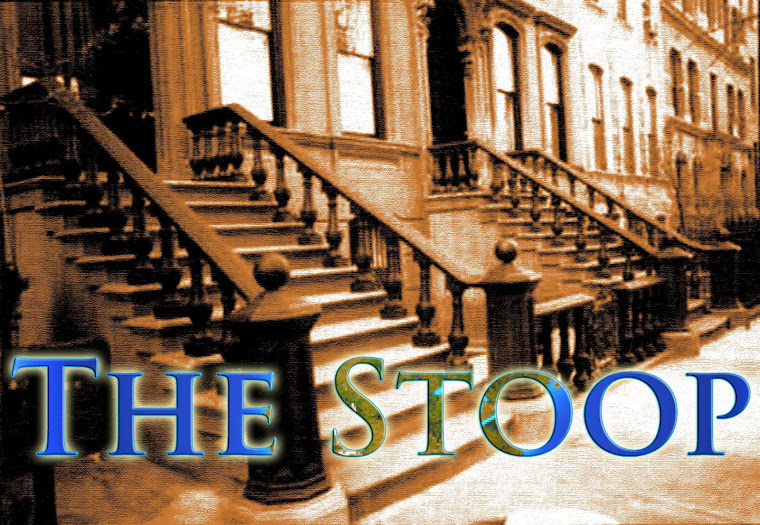(April 14, 2008) Cheap computers and Internet connections have helped people get online in greater numbers in recent years. Now Barry Diller's IAC/InteractiveCorp wants to make money by helping minority groups connect more easily to specific sites.
IAC last week introduced a new search engine, Rushmore Drive, meant to give the black audience a quick way to find information that other search engines -- including IAC's own Ask.com -- might bury beneath pages of less relevant results. The strategy will eventually extend to other ethnic groups, in what analysts said is the latest stab at diminishing Google's dominance in the search market.
Rushmore Drive, which gets its name from the location of the building in Charlotte, N.C., where the Web site was originated, offers search results that, at first glance, border on stereotypes. A search query for "Thanksgiving recipes," for instance, yields sites featuring recipes for sweet potato pie and collard greens. But according to Johnny Taylor, the chief executive of Rushmore Drive, the results are based on years of search data from IAC's Ask division.
Rushmore Drive analyzed search results for 3,000 of the most popular search terms in areas with large black populations and found that when people in those areas searched for recipes, they were much more likely to click on pages with soul food. Those searching for hair products, dance, cars, fraternities and sororities also ended up on vastly different Web sites than people who lived in areas with smaller black populations.
Rushmore Drive moves the Web sites preferred by black people near the top of the search results. The top four results are ads that Rushmore Drive distributes on behalf of Google and Ask.
Mr. Taylor said the company has already bolstered its paid search advertising revenue with banner advertisements from Buick and Coca-Cola, among others. Those sites run ads in Rushmore Drive's news section, where about 10 contributing writers offer their perspective on current events.
Rushmore Drive is the first of what will most likely be more ethnically focused search sites, Mr. Taylor said.
The big question, of course, is whether audiences will go through the trouble of visiting a new search engine, rather than typing in "African-American hair care products," or "soul food Thanksgiving recipes" on Google and other sites.
Ask.com met with critical success when it unveiled search refinements two years ago, and despite a big marketing campaign that included television ads, its market share increased by just half of a percentage point in the last year, to 2.5 percent, according to Nielsen Online. Meanwhile, Google's share increased from 55.8 percent to 58.7 percent.
A Google spokeswoman, who spoke on condition of anonymity because of the company's policy, said that Google welcomed competition "that stimulates innovation and provides people with more choice."
Mr. Taylor said that IAC would also put an undisclosed, but significant amount of money, into promoting Rushmore Drive, in an effort to reach the roughly 12.4 million blacks now online in the United States, according to Nielson Online.
In addition to buying ads on radio, magazine and Internet properties frequented by blacks, the company will soon embark on a "gospel brunch tour" with performances by the singer Regina Bell at black churches in eight cities. Organizations like the National Urban League, the National Alliance of Black School Educators and others have also agreed to promote the service among members.
Mr. Goodman of the Yankee Group said that IAC may not find huge success with Rushmore Drive. "But I think its future is pretty bright," he said. "Diller has been fairly clear with his Johnny Appleseed strategy, where he's putting a whole lot of microconcepts into the market so you don't have to have a billion dollars invested in one idea or one company."
Other IAC initiatives under development, Mr. Goodman said, included a children's site aimed at environmentally conscious families and a site for news aficionados.
Editorial Web sites aimed at African-Americans were, before last week, wary of the Rushmore Drive project, thinking it might be a competitor. But Calvin Wong, senior vice president for advertising sales for Community Connect, publisher of BlackPlanet.com, among others, said that editorial sites could benefit.
"God Bless the Dream, the Dreamer and the Result."
Wednesday, April 16, 2008
RushmoreDrive.com to make search culturally relevant to blacks online
Subscribe to:
Post Comments (Atom)












No comments:
Post a Comment